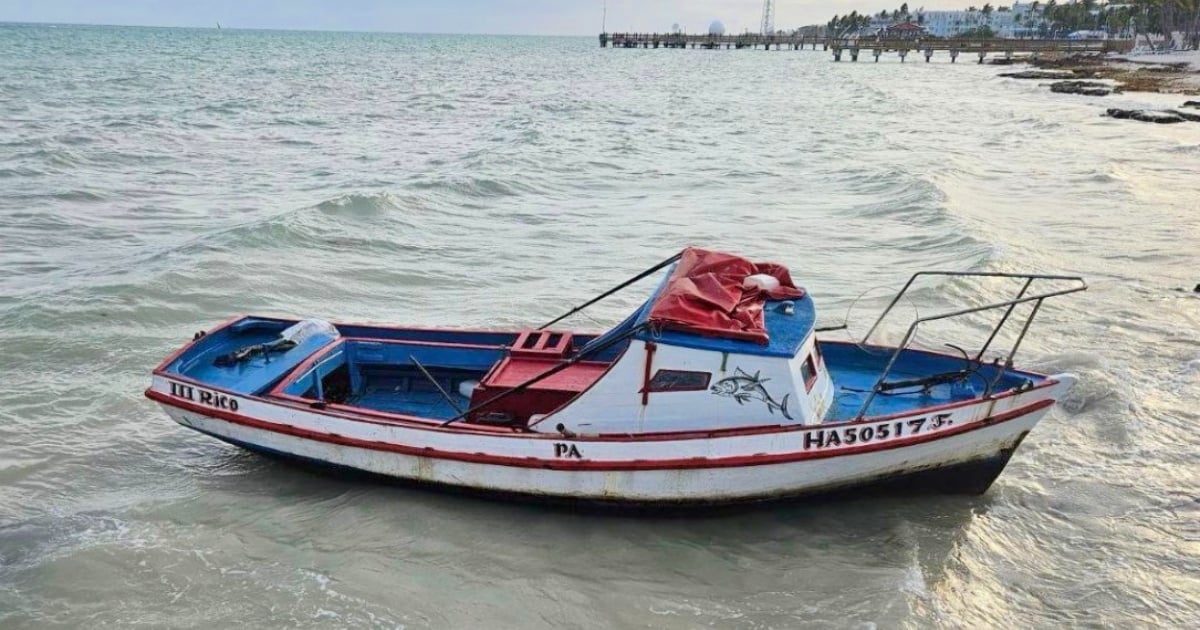The U.S. Border Patrol has announced the apprehension of a group of 11 Cuban migrants who recently arrived on the shores of Florida via sea. The migrants made landfall on U.S. territory in a fishing boat, as revealed by an image shared on Twitter by Samuel Briggs II, the Chief of the Miami Sector of the Border Patrol.
The tweet specifies that the Cubans landed at Higgs Beach in Key West and had departed from Havana. "The investigation is ongoing," the post notes, without providing further details on the circumstances surrounding their detention.
The influx of Cubans to the United States, whether by sea or land, shows no signs of abating. The U.S. government continues to emphasize that anyone attempting or arriving illegally by sea will not be allowed to remain in the country. They will be processed according to U.S. laws and policies and returned to their country of origin or departure.
Migrants who arrive by sea and are detained by the Border Patrol after reaching U.S. soil are processed for repatriation by Immigration and Customs Enforcement (ICE) and the Office of Detention and Removal Operations (ERO), with a ban on re-entering the country legally for five years.
Earlier this month, the U.S. Coast Guard (USCG) reported the return of a Cuban rafter who had been detained near Islamorada in the Florida Keys. Prior to that, border authorities had returned 18 migrants to the island who had been detained at sea. This group joined another 26 individuals who faced the same fate after being captured during their voyage.
Despite the authorities' efforts to deter Cuban rafters, illegal migration by sea remains a viable option for those determined to leave the country at any cost.
U.S. Border Patrol and Cuban Migrant Influx: Key Questions Answered
Given the ongoing influx of Cuban migrants to the United States, several pertinent questions arise regarding the policies, procedures, and implications of these migrations. Here are some frequently asked questions and their answers.
What happens to Cuban migrants detained by the U.S. Border Patrol?
Cuban migrants detained by the U.S. Border Patrol are processed for repatriation by ICE and ERO, and they are generally returned to their country of origin or departure. Additionally, they are banned from re-entering the United States legally for five years.
Why do Cuban migrants continue to risk illegal sea voyages to the U.S.?
Despite the risks and the efforts of U.S. authorities to deter them, many Cuban migrants see illegal sea voyages as one of the few viable options to escape the economic and political conditions in Cuba.
What measures is the U.S. government taking to prevent illegal maritime migration?
The U.S. government employs a combination of maritime patrols, public information campaigns, and strict enforcement of immigration laws to prevent illegal maritime migration and dissuade potential migrants from attempting such dangerous journeys.
